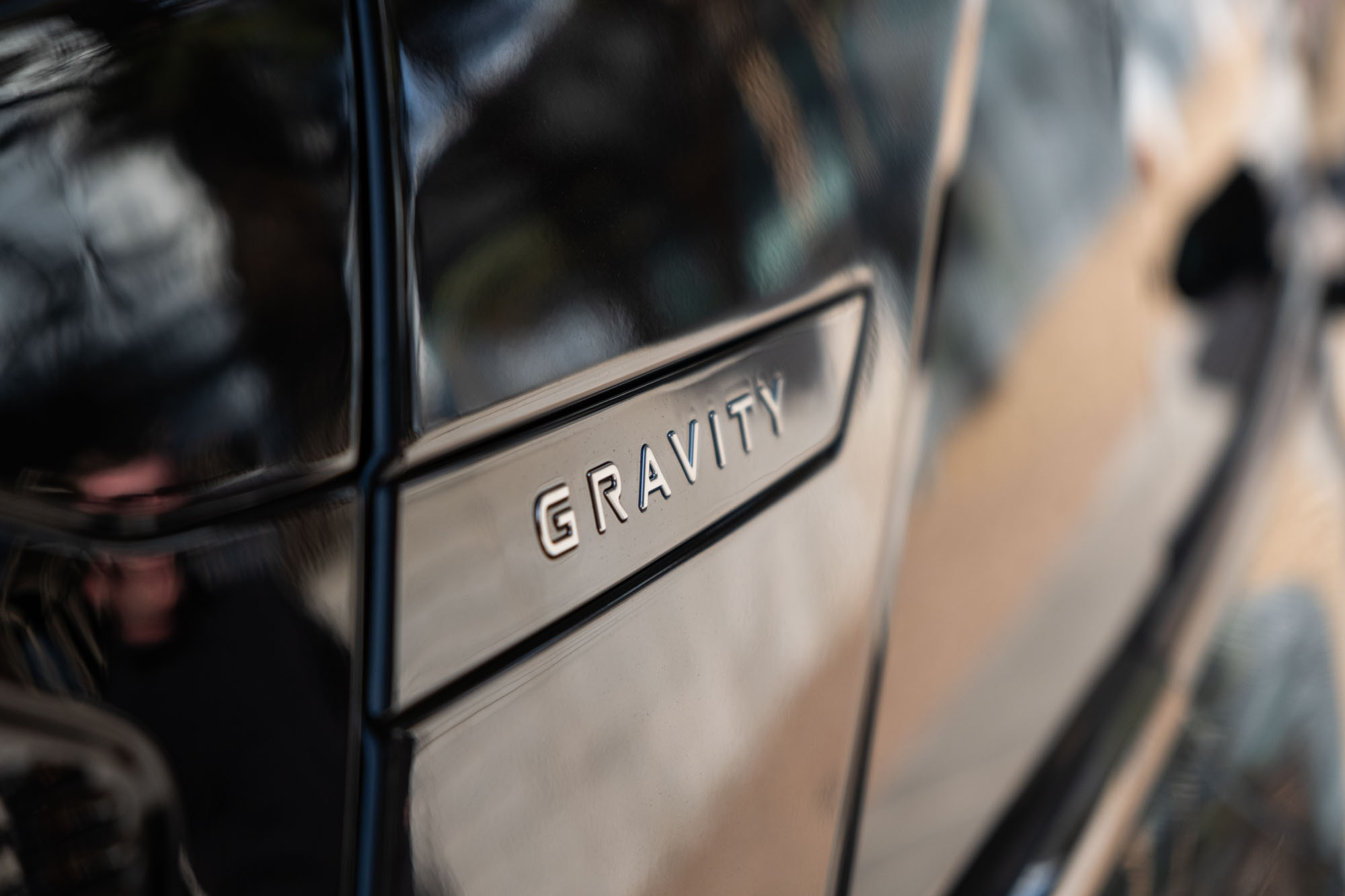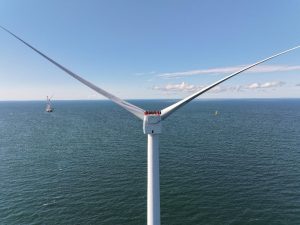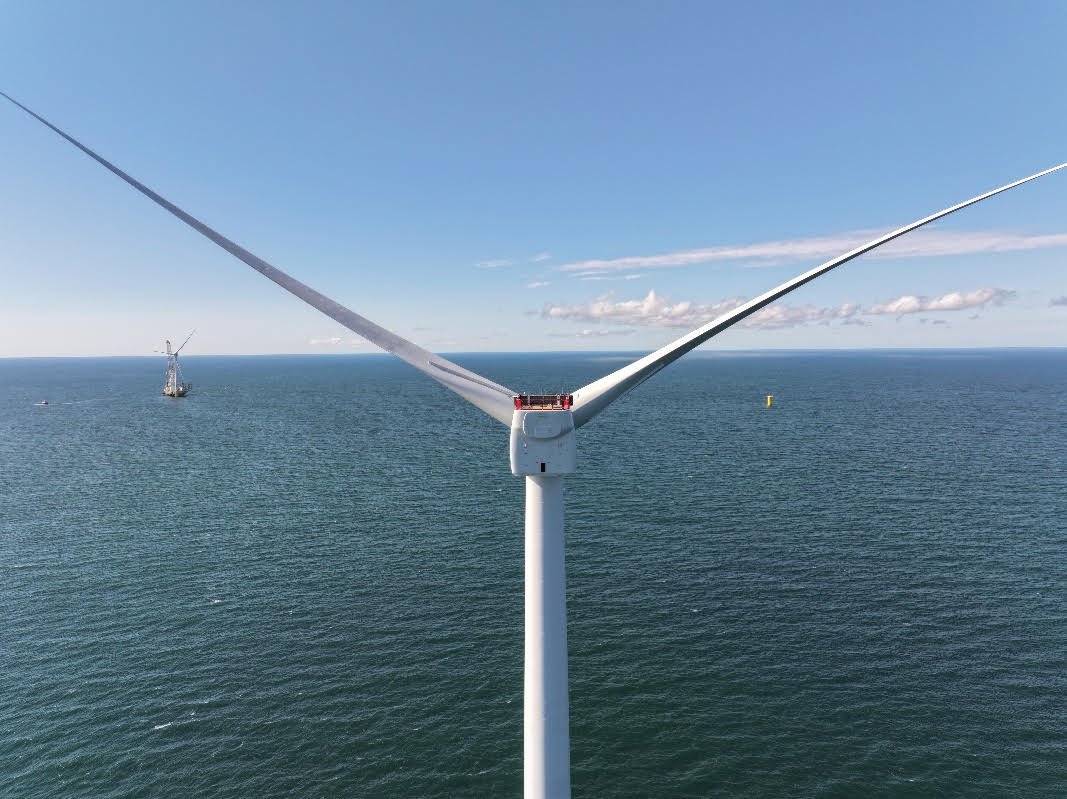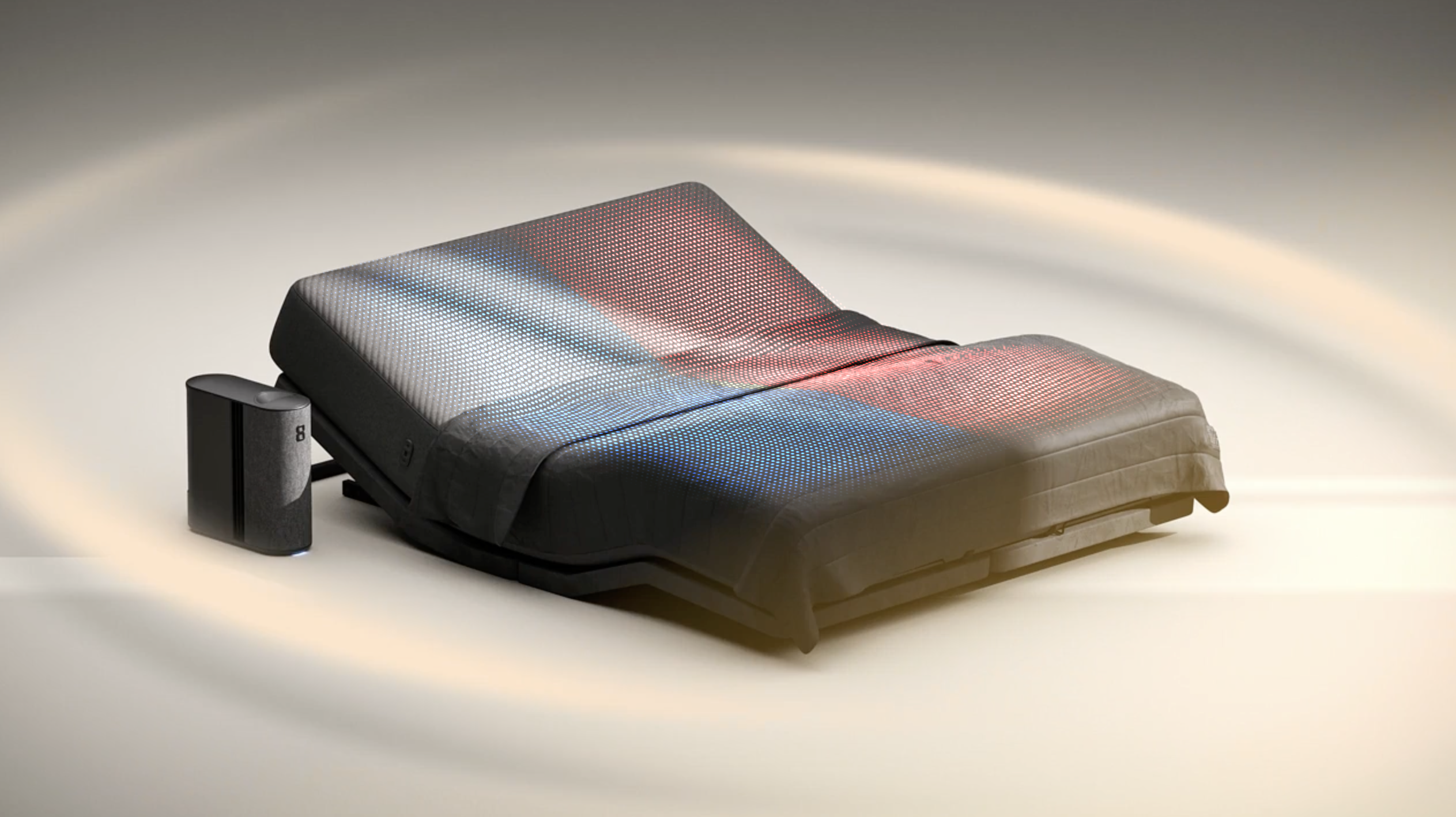
Lucid Motors, the luxury electric vehicle manufacturer, is navigating a period of significant organizational change and strategic recalibration following the departure of its chief engineer, Eric Bach, after a decade of service. Bach, who also held the title of Senior Vice President of Product, was a foundational figure in the company’s engineering efforts, his exit underscoring the dynamic and often tumultuous landscape of the nascent but rapidly evolving electric vehicle industry. This high-profile departure arrives at a critical juncture for the Newark, California-based automaker, which is simultaneously grappling with a series of executive turnovers, an interim CEO, the launch of a pivotal new product, and a substantial financial injection from its majority owner.
A Decade of Engineering Vision
Eric Bach’s tenure at Lucid Motors, which commenced in 2015, positioned him as a central architect of the company’s ambitious product vision. His extensive background in automotive engineering, including a three-year stint as Director of Engineering at Tesla, where he collaborated with Lucid’s former CEO and CTO Peter Rawlinson, and over a decade at Volkswagen, provided a formidable foundation for Lucid’s aspirations. Bach played an instrumental role in developing the Lucid Air sedan, an award-winning vehicle renowned for its exceptional range and performance capabilities, often seen as a direct challenger to Tesla’s dominance in the premium EV segment. His leadership was crucial in shaping the vehicle’s intricate architecture, from powertrain development to overall vehicle integration, which set new benchmarks for efficiency and luxury in electric motoring. The departure of such a long-standing and influential technical leader inevitably raises questions about the continuity of product development and the strategic direction of future vehicle platforms, including the recently launched Gravity SUV and the forthcoming mid-sized vehicle.
The Broader Leadership Reshuffle
Bach’s exit is not an isolated incident but rather the latest in a sequence of leadership changes that have characterized Lucid Motors’ recent operational history. In conjunction with Bach’s departure, Jeri Ford, the company’s Vice President of Quality, has announced her retirement. Ford, a veteran in ensuring manufacturing excellence, will be succeeded by Marnie Levergood, who transitions to Lucid from Scout Motors, bringing fresh perspectives on quality control and production standards.
Amid these shifts, Lucid Motors is also promoting internal talent, elevating Emad Dlala, previously the Senior Vice President of Powertrain, to oversee all "Engineering and Digital" functions. Dlala, another long-serving executive who joined in 2015 and received a promotion earlier this year, now assumes a vastly expanded role, consolidating critical technical divisions under his leadership. This restructuring suggests an effort to streamline decision-making and enhance operational agility, potentially in response to the challenges of scaling production and accelerating product development cycles.
These organizational adjustments unfold against the backdrop of a significant leadership void at the very top. The company has been operating without a permanent chief executive for nine months since Peter Rawlinson, who spearheaded Lucid’s transition from a battery technology firm to a full-fledged EV manufacturer, abruptly resigned in February. Marc Winterhoff, the former Chief Operating Officer, has been serving as interim CEO, tasked with guiding the company through this transitional period. The absence of a long-term CEO can create uncertainty regarding strategic direction, investor confidence, and employee morale, particularly in a capital-intensive industry where clear vision and steady leadership are paramount.
Furthermore, the past year has seen a notable exodus of other key executives, including the head of investor relations, the Senior Vice President of Operations, the Managing Director for Europe, and the Vice Presidents of Software Quality and Marketing. Such a high rate of turnover across various critical departments can signal internal challenges, strategic disagreements, or simply the natural evolution of a fast-growing, yet demanding, enterprise. For external observers and potential investors, a consistent stream of executive departures can raise concerns about organizational stability and the company’s ability to execute its long-term objectives effectively.
Historical Context and Market Aspirations
Lucid Motors traces its origins back to 2007, initially founded as Atieva, a company focused on developing electric vehicle battery technology and powertrains for other manufacturers. It wasn’t until 2016 that the company pivoted to become a luxury electric vehicle brand, unveiling its ambitious Lucid Air concept. From its inception, Lucid positioned itself as a purveyor of ultra-luxury EVs, emphasizing groundbreaking efficiency, expansive range, and sophisticated design, aiming squarely at the top tier of the automotive market. This positioning immediately drew comparisons to Tesla, a company that had already revolutionized the EV space but had yet to face a true luxury competitor with such distinct engineering prowess.
The company’s journey to market has been marked by both technological triumph and operational hurdles. After years of development and significant capital investment, including a crucial $1 billion infusion from Saudi Arabia’s Public Investment Fund (PIF) in 2018, Lucid went public in 2021 via a SPAC merger, valuing the company in the tens of billions. The Lucid Air, which began deliveries in late 2021, quickly garnered critical acclaim, setting new benchmarks for electric range with its EPA-estimated 520 miles in some configurations. However, scaling production proved challenging, leading to missed delivery targets and slower-than-anticipated sales volumes, illustrating the inherent difficulties faced by new automotive manufacturers in ramping up complex production lines.
Strategic Crossroads: Gravity, Mid-Market, and Funding
The current leadership changes and organizational restructuring occur at what is arguably one of the most critical junents in Lucid Motors’ relatively young history. The company has finally launched its much-anticipated luxury SUV, the Lucid Gravity. This vehicle is not merely an expansion of its product line but a strategic imperative. The SUV segment represents a significantly larger and more lucrative market than luxury sedans, and Lucid anticipates that the Gravity will ultimately achieve greater sales success than the Air. Its performance in the market will be a crucial indicator of Lucid’s ability to diversify its offerings and capture a broader share of the premium EV market.
Looking further ahead, Lucid has articulated plans to introduce a mid-sized vehicle by 2026, aiming for a more accessible price point closer to $50,000. This move signifies a strategic pivot towards higher volume segments, recognizing that long-term sustainability requires reaching a wider consumer base beyond the ultra-luxury niche. However, developing and launching an entirely new vehicle platform is an incredibly capital-intensive endeavor. The company has openly stated that it will likely need to raise additional capital to fund the development and production ramp-up for this mid-market offering.
In a timely development, Lucid Motors announced that its majority owner, Saudi Arabia’s sovereign wealth fund, the Public Investment Fund (PIF), has significantly boosted the cap of a loan agreement. The previous $750 million facility has been increased to approximately $2 billion, providing the company with substantial liquidity until 2027. This financial lifeline is critical, offering a degree of stability and the necessary capital runway to navigate current challenges, invest in the Gravity’s production, and progress on the mid-sized vehicle project. The PIF’s continued strong support underscores its long-term commitment to Lucid and its role in Saudi Arabia’s broader economic diversification strategy, which includes fostering advanced technology and manufacturing capabilities within the kingdom.
Challenges in the Luxury EV Landscape
Lucid Motors operates in an intensely competitive and rapidly evolving automotive landscape. While the demand for electric vehicles continues to grow, the market is becoming increasingly crowded, with established legacy automakers like Mercedes-Benz, BMW, and Audi aggressively entering the luxury EV space, alongside agile startups and the enduring presence of Tesla. This environment puts immense pressure on companies like Lucid to not only innovate technologically but also to execute flawlessly on manufacturing, sales, and customer service.
The departure of key technical and operational leaders, especially in succession, can pose significant challenges to a company’s ability to maintain its innovative edge and operational efficiency. In the automotive sector, where product cycles are long and development costs are astronomical, the continuity of engineering vision is paramount. Analysts often point to the "talent war" in the EV sector, where skilled engineers and executives are highly sought after, making retention a constant battle. The cultural impact of executive churn can also be profound, potentially affecting employee morale, strategic alignment, and overall corporate stability.
For Lucid, the path forward involves balancing its luxury appeal with the necessity of scaling production and achieving profitability. The initial struggles with the Air sedan’s sales, despite its critical acclaim, highlight the difficulties in translating technological superiority into market dominance without robust manufacturing and distribution capabilities. The Gravity SUV and the planned mid-sized vehicle are crucial steps towards broader market penetration, but their success hinges on effective execution, strong leadership, and sustained financial backing.
Looking Ahead: Stability and Scale
As Lucid Motors moves forward, the immediate priority will be to stabilize its leadership structure, particularly by appointing a permanent CEO who can articulate a clear, long-term vision and inspire confidence among investors, employees, and customers. The organizational changes, including Emad Dlala’s expanded role, suggest an attempt to consolidate technical leadership and streamline decision-making, which could be beneficial.
The increased financial support from the PIF provides a vital buffer, allowing the company to focus on scaling Gravity production and advancing its mid-sized vehicle program without immediate capital constraints. However, this also reinforces Lucid’s dependence on its majority owner, a dynamic that will continue to shape its strategic autonomy and operational footprint, especially with the ongoing development of manufacturing capabilities in Saudi Arabia.
Ultimately, Lucid Motors stands at a pivotal crossroads. The blend of high-profile executive departures, strategic product launches, and significant financial backing creates a complex narrative. The company’s ability to successfully navigate these challenges, leverage its engineering strengths, and translate its ambitious product pipeline into sustained market success will determine its long-term viability in the fiercely competitive global electric vehicle industry.








